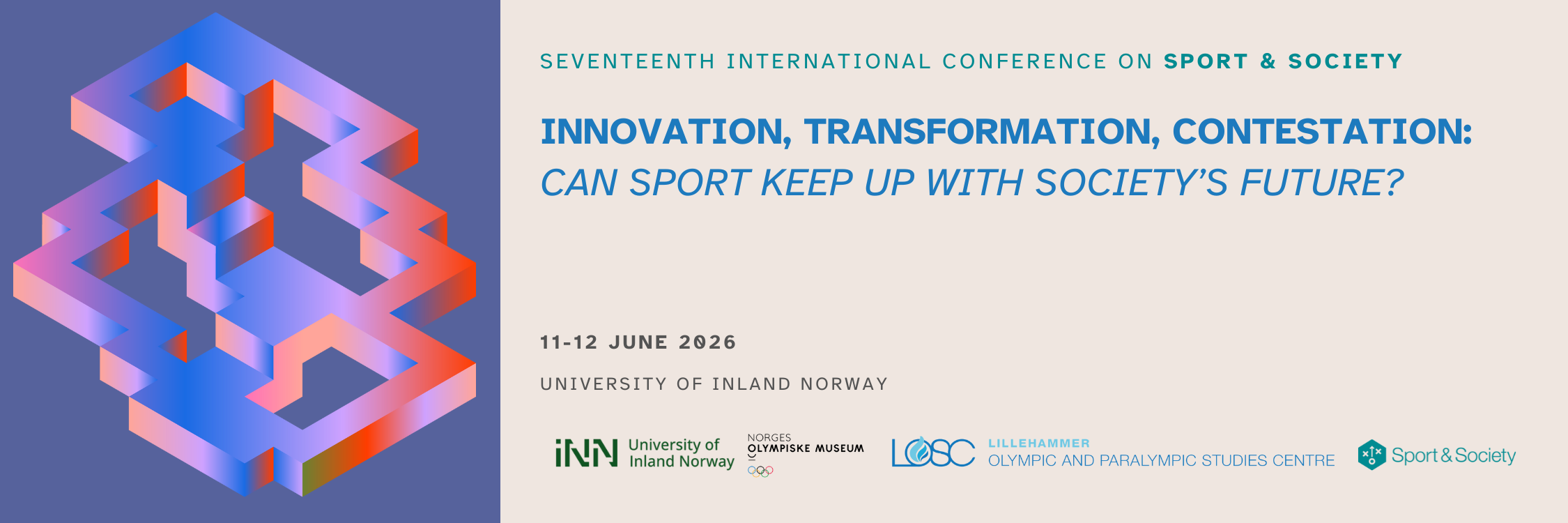Abstract
In recent times the Board of Control for Cricket in India (BCCI) has encouraged the franchise owners in the Indian Premier League (IPL) to purchase franchises in the leagues in the UAE, South Africa, England, the West Indies, and the United States. What this has done is bring about the integration of T20 cricket leagues under the control of the BCCI. T Financially, it is bringing new capital into the cash starved leagues (South Africa, West Indies) and an Indian commitment to the financial success of the American and UAE leagues. Integration also creates opportunities for players to move between leagues since common ownership has allowed other leagues to be a test bed for the more lucrative IPL. Integration has created a situation where one nation dominates the rule making, event scheduling, and financial distribution of resources in the game, leading to some resentment among nations. This has been overruled, however, by the financial interests of individual players. This paper examines what the likely future consequences of such integration are to be on reshaping the game of cricket itself and on the national identities that cricket has sought to preserve. Can cricket survive the global changes that are being imposed on it? The paper uses a qualitative methodology based on globalization theory to discuss the shifts in the game.
Details
Presentation Type
Paper Presentation in a Themed Session
Theme
KEYWORDS
Globalization, Power Shift, World Sporting Order

